Mozambique: Authorities seize a tonne of undersized live crab in Angoche
Mozambique: Construction of vegetable oil refinery starts in Niassa, in February
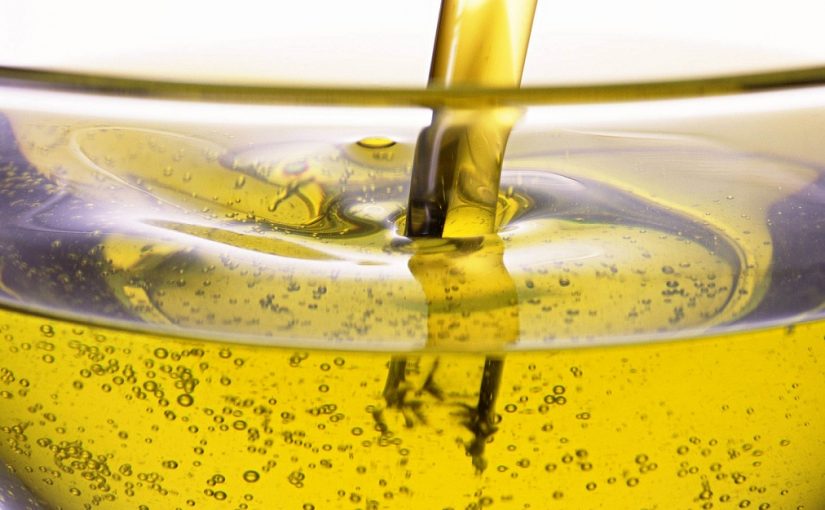
iStock
Construction of infrastructure for the Cuamba city cooking oil refinery in Niassa province, northern Mozambique, will be operational in February next year.
The João Ferreira dos Santos Group investment, valued at 90 million meticais (US$1.4 million), will be able to produce about 20 tons of cooking oil per day.
Manuel Delgado, director general of the Niassa Cotton Society (SAN), a firm belonging to the JFS Group, said that the cooking oil would be produced from cotton, soya and sunflower seeds. Equipment had been ordered from the India; its assembly would start once the plant was finished and should not take more than three months.
In addition to a skilled labour force, to be recruited both domestically and internationally, the plant is guaranteed to hire about 50 employees in Cuamba, a city considered the economic capital of Niassa and Mozambique’s the cotton barn.
The plant will also have a specialised laboratory to run quality control tests.
The local market and the provinces of Niassa and neighbouring Nampula and Zambézia would be the main market for the edible oil to be produced in Cuamba, where the new plant would prove a significant improvement the lives of local communities, Delgado said.
It is hoped the JFS Group’s Cuamba initiative will alleviate pressure on the central bank to provide foreign currency to cover imports of staple products.
In order to ensure the availability of raw material for the refinery, SAN has designed an agricultural project focused essentially on increasing production and productivity of cotton, soybeans and sunflower crops.
Manuel Delgado said that mechanisation was important for the achievement of their goals, hence its recent acquisition of 30 tractors, each capable of ploughing 20 hectares.
This equipment is initially intended for advanced producers, to help those working an area of more than five hectares to increase production volumes.
SAN is one of the leading promoters of national cotton-seed production. By the end of October, it had marketed and processed about 15,000 tonnes of the so-called ‘white gold’, with reserves being stored to ensure the availability of raw material for the new refinery.


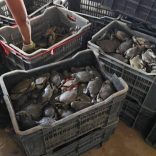
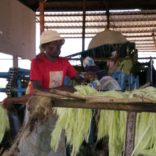

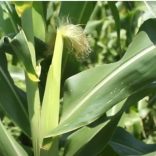
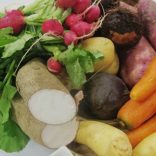






Leave a Reply
Be the First to Comment!
You must be logged in to post a comment.
You must be logged in to post a comment.